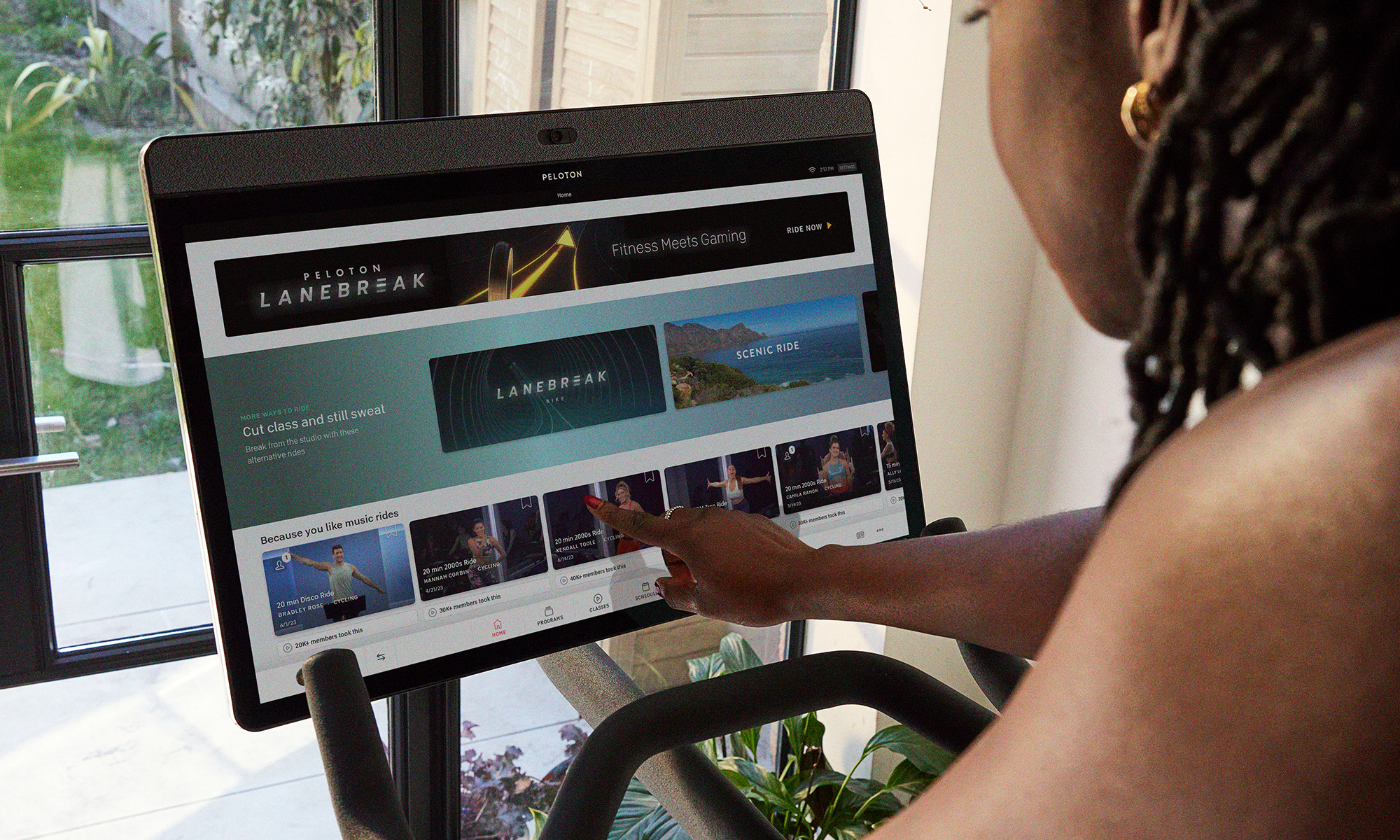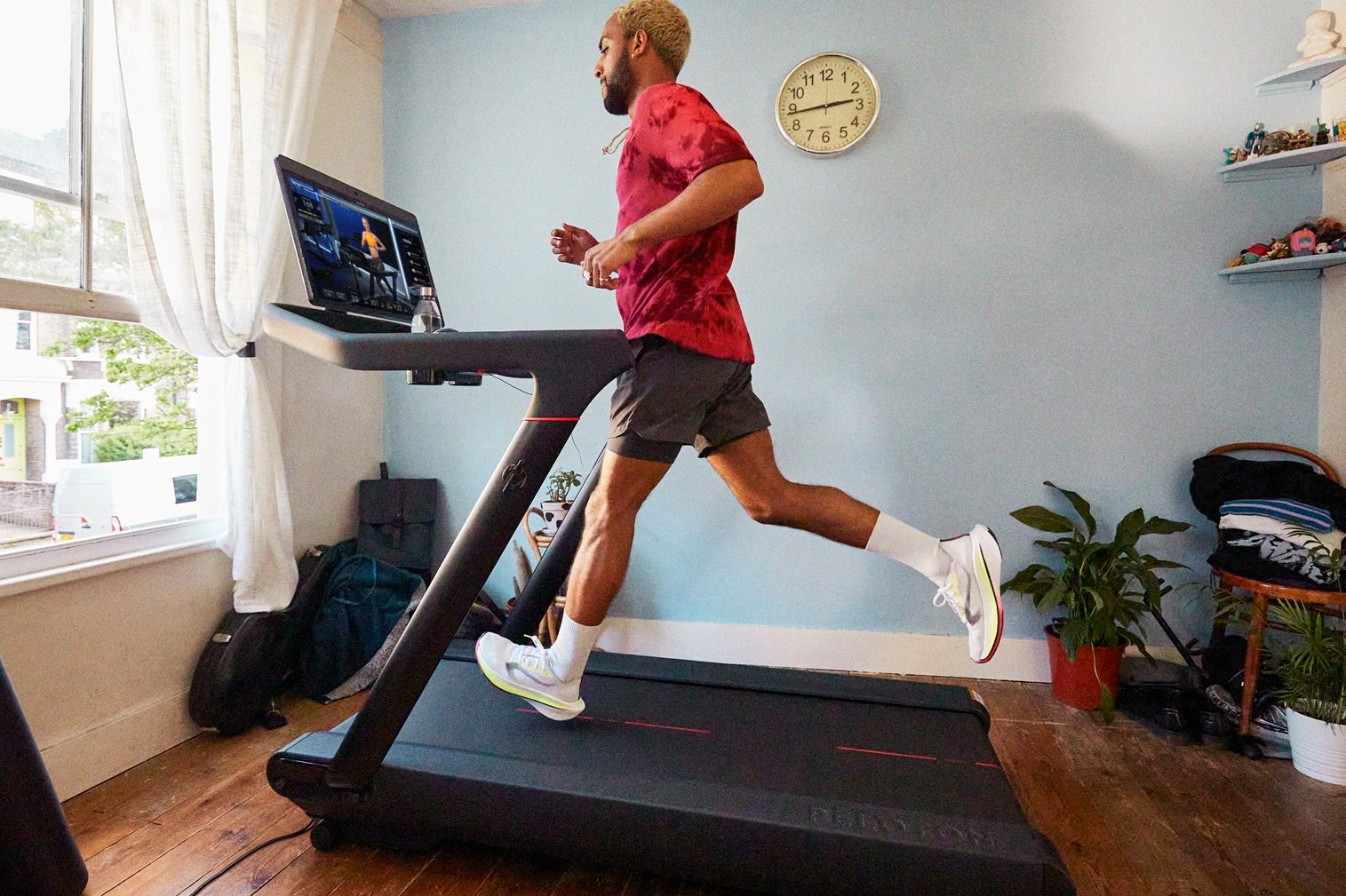As a business, there's plenty to like about Peloton (PTON 7.42%) -- it's found a model that apparently keeps more of its exercise bikes from winding up covered in either laundry or dust, and the subscription revenue is flowing. But it didn't take long after its IPO on Thursday for the doubters to take control of the stock's trajectory. It opened with a market cap of around $8 billion; by Tuesday, it was closer to $6.3 billion.
In this segment of the Motley Fool Money podcast, host Chris Hill and Fool senior analysts Jason Moser, Andy Cross, and Ron Gross consider why investors are losing their willingness to pay a premium for fast-growing but money-losing companies; the complexities of profiting in the connected fitness space; why about half of 2019's IPO's are broken; why talent agency Endeavor pulled its IPO; and more.
To catch full episodes of all The Motley Fool's free podcasts, check out our podcast center. To get started investing, check out our quick-start guide to investing in stocks. A full transcript follows the video.
This video was recorded on Sept. 20, 2019.
Chris Hill: Let's move to this week in IPOs. Peloton, the company that makes exercise bikes and treadmills, went public at $29 a share on Thursday and closed lower, Andy. I think they were hoping for a different result.
Andy Cross: [laughs] The CEO definitely was, he actually said that publicly on TV. I'm glad I'm a long-term investor because clearly I'm not a day trader. I predicted the IPO to pop earlier this week when it came public. It's a really interesting company. The IPO aside, looking at the fitness universe, selling very expensive hardware, they also have a software tie-in. Growing very fast. Revenues more than doubling. Came public at an $8 billion market cap. Now it's about $7 billion, so it's lower, and continues to move a little bit lower. 1.4 million Peloton accounts. 500,000 connected fitness subscribers. That's someone who's bought these very expensive bikes or treadmills, and they're connected into the platform. And then, more than 100,000 digital subscribers. Growing very rapidly. Losing a lot of money just as fast, too. That's really the problem. When you think about what we've seen over the last few months in the IPO space, so many companies focus so much on growth, and investors have been willing over the last year or two to bid these stocks up. Now, we're seeing a little bit of pushback on that in the public markets.
Hill: Before we get to other IPOs, can we talk about connected fitness for a second? Because it really seems like it is not a good business to be in. I'm thinking, Jason, about somewhere in the neighborhood of $800 million that Under Armour invested in the past in connected fitness of one form or another. And, not to pick on them, but Fitbit. It's a nice little device, but -- again, it seems like a good idea, but the upside for connected fitness as a business so far has not presented itself.
Jason Moser: I agree with you. I don't think it's very good on its own. I think it's better off as just one part of a greater whole. We saw with Amazon, they released these wireless earbuds this week at this hardware event they had. Those wireless earbuds have fitness tracking capability locked right in there. You can get those things all sorts of different ways. Under Armour, they overpaid a lot of money for something that they haven't really realized a lot of return on the investment for. But you look at a company like Nike, Nike has done a good job of investing in connected fitness, but just not making a headline about it. We'll talk more and more about their quarter here a little bit, and you'll see that they are making investments in connected fitness, but it's not as explicit, it's not as obvious, and I think that's probably where they're one-upping most companies.
Cross: Very interesting, the Fitbit comparison, Chris. Fitbit came public in 2015. The stock doubled that day. Was valued at almost $7 billion, 5 times revenue. So, in the area of where Peloton is today. Now, Fitbit's stock is down to below $4 per share. Market cap valuation has just crumbled. Meanwhile, Garmin has done very well over the last few years, beaten the market. The stock's more than doubled since that 2015 IPO of Fitbit, while Fitbit's stock -- and, of course, GoPro -- have moved in the opposite direction.
Hill: WeWork, as we talked about, shelved their IPO. Ron, we have another company get right up to the precipice of an IPO and then pull it -- Endeavor, one of the biggest talent agencies in the country. Is it that bad an environment right now? That's at least one way to interpret a pulled IPO.
Ron Gross: If you're not profitable, it's that bad. Maybe that's appropriate. That euphoria has run its course. Endeavor's lost money in four of the past five years. They were looking to go public at an $8 billion valuation before the price got pulled back. Trying to raise $600 million, but then they lowered the IPO price. Then they pulled it completely. We'll probably see this come back at some point, at a later date. Endeavor is the old William Morris Agency. Folks who are fans of Entourage might remember Ari. Ari Emanuel runs it. It's an interesting company. It's a really nicely diversified entertainment company. But, you'd think you'd want to see some profits before you do a road show.
Hill: We've had a lot of high-profile IPOs this year, but some of the biggest names just year to date -- again, as you said, Andy, we're long-term investors. When you look at Uber, Lyft, more recently Smile Direct, those stocks all down to 30% to 40% since their IPO. It really does feel like we need to take a break.
Andy Cross: I think the bankers have gotten a little bit aggressive. The Smile Direct pricing was just wrong. They totally missed that. Maybe they missed the pricing on the Peloton IPO -- actually, they did. The bankers did, and the company did, too. There's just some recognition that that very excited, hot IPO market does go in cycles, and we hit a top of the cycle in the past couple months.
Moser: Yeah, it looks like, of the 120 companies that have gone public this year, 57 are trading below their offer price, according to Renaissance and CNBC. That tells you something, right?
Gross: It's interesting -- sometimes IPO markets get hot when investors think there's nothing else to buy, so they're buying the new thing. We've interestingly seen a rotation into some more conservative, more value-y stock, stocks that pay dividends. People are more focused on that as a place to put their capital rather than the next hot IPO.
Moser: You're also seeing companies out there that have had a decent track record thus far as publicly traded companies -- I think Square is a good example here. The fundamentals of that business are just as good as ever, but clearly, this appetite for risk is pulling back a little bit. I think the market's not as willing to give so much of that room on that price-to-sales metric that we keep on having to use for all these businesses that don't make any real money yet.






